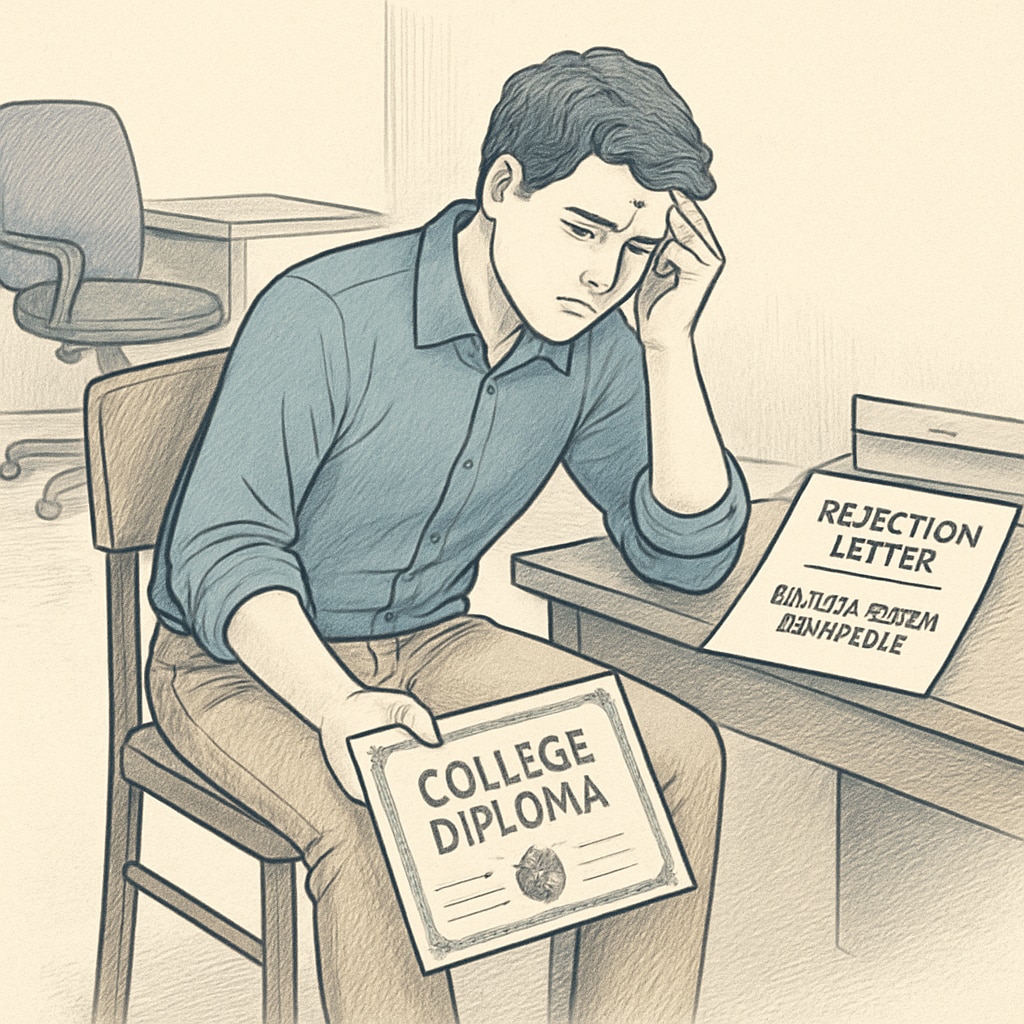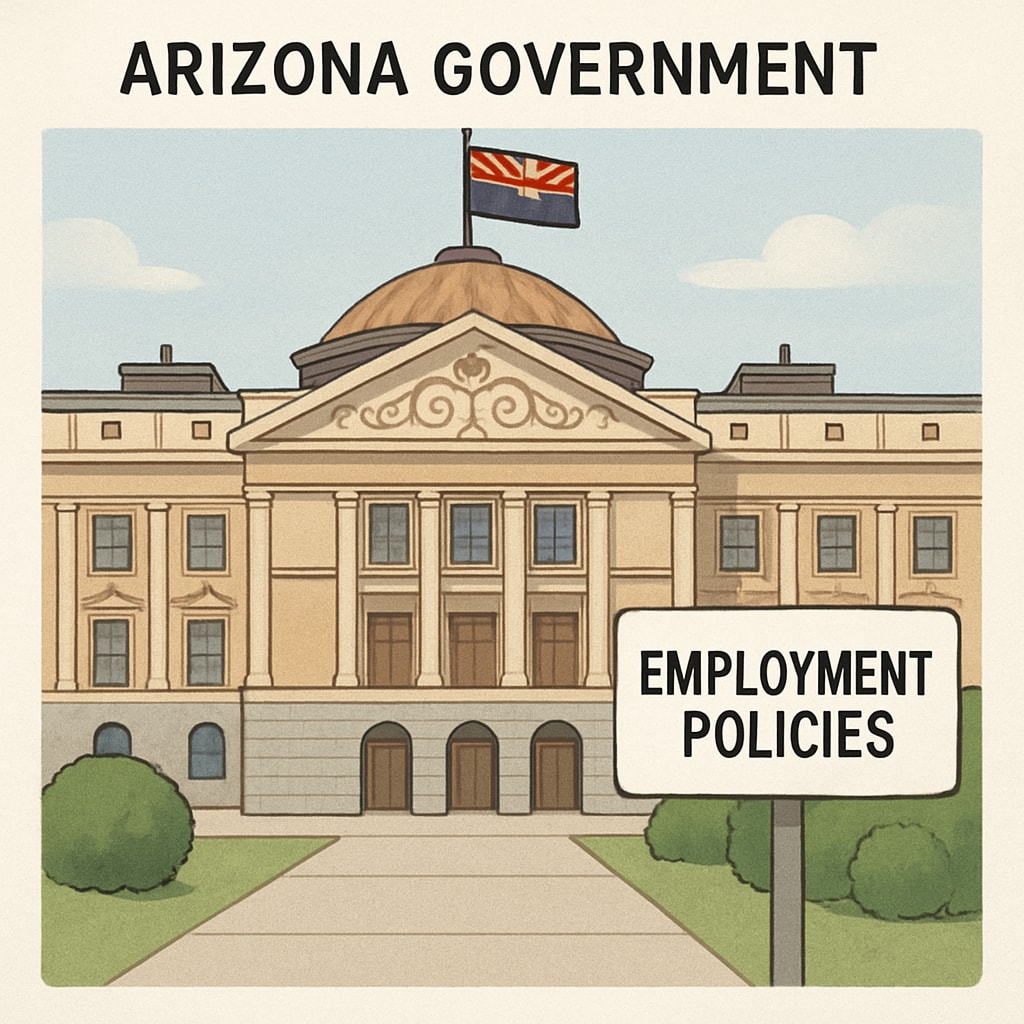Arizona’s employment policies have long sparked debates about fairness and practicality. These policies exhibit a paradoxical trend that highlights employment discrimination, degree requirements, and bureaucratic inefficiencies. In this unusual case, individuals with advanced college degrees are sometimes passed over for jobs due to their lack of high school diplomas or equivalency certificates, despite their higher qualifications. This mismatch between educational attainment and rigid bureaucratic procedures undermines the value of higher education, creating obstacles for job seekers and raising questions about the state’s approach to education and employment.
The Paradox of Education Requirements
Arizona’s employment policies often prioritize high school diplomas over college degrees in certain sectors. While this might seem justified for roles requiring basic skills, it becomes problematic when more advanced qualifications are disregarded. For example, a candidate with a bachelor’s degree in education might be deemed ineligible for a teaching assistant position because they lack a General Equivalency Diploma (GED). This paradox not only creates unnecessary barriers but also devalues the importance of higher education.

Such policies highlight a disconnect between bureaucratic rule-making and the practical realities of education. Instead of leveraging the skills and knowledge of highly educated individuals, these requirements perpetuate rigid standards that fail to account for the nuances of modern qualifications.
Employment Discrimination and Bureaucratic Challenges
These policies are a prime example of employment discrimination rooted in bureaucratic inefficiencies. They reflect a one-size-fits-all approach, where standardized requirements trump individualized assessments. As a result, highly qualified candidates can be excluded from positions they are overqualified for, simply because they lack documentation deemed “essential” by outdated criteria.

For instance, education systems in the United States have evolved significantly over the years, yet employment policies in Arizona remain anchored in past frameworks. This creates a situation where the state fails to fully utilize its talent pool, impacting both job seekers and employers. As a result, businesses may miss out on hiring individuals who could bring advanced perspectives and skills to the workforce. Furthermore, these policies discourage lifelong learning by implying that higher education may not always improve employability.
Potential Solutions and Policy Reform
To address these issues, Arizona must consider policy reforms that align qualifications with job requirements more effectively. This can include:
- Revising employment policies to recognize higher education degrees as sufficient proof of qualifications for roles traditionally requiring basic education.
- Implementing flexible assessments to evaluate candidates on their skills and knowledge rather than rigid documents.
- Encouraging collaboration between educational institutions and policymakers to design systems that better match educational achievements with employment needs.
Education systems worldwide have demonstrated the value of progressive policies that adapt to changing societal needs. By embracing similar approaches, Arizona could enhance its workforce, reduce employment discrimination, and foster a culture that values education at all levels.
Conclusion: Bridging the Gap Between Education and Employment
Arizona’s education paradox serves as a cautionary tale about the risks of rigid bureaucratic systems. Employment discrimination, degree requirements, and inefficiencies highlight the need for policy reform that values higher education and adapts to modern workforce demands. As a result, Arizona has the opportunity to reevaluate its approach and create a fairer, more inclusive employment landscape. By bridging the gap between education and employment, the state can empower individuals while strengthening its economy.


